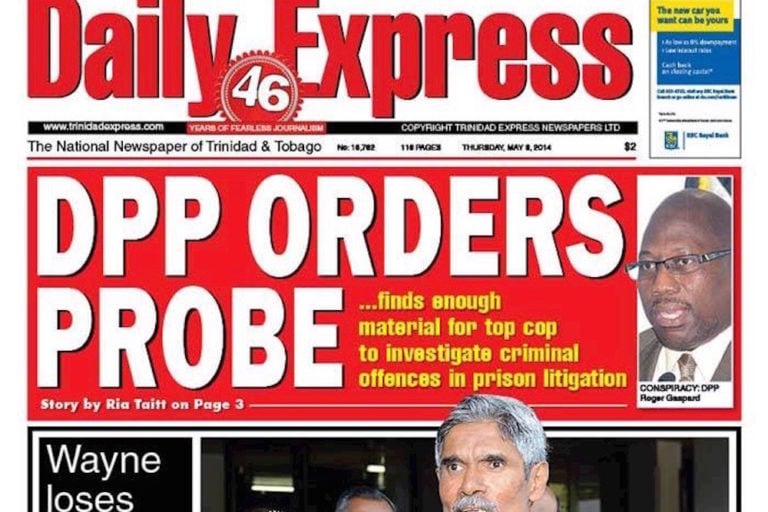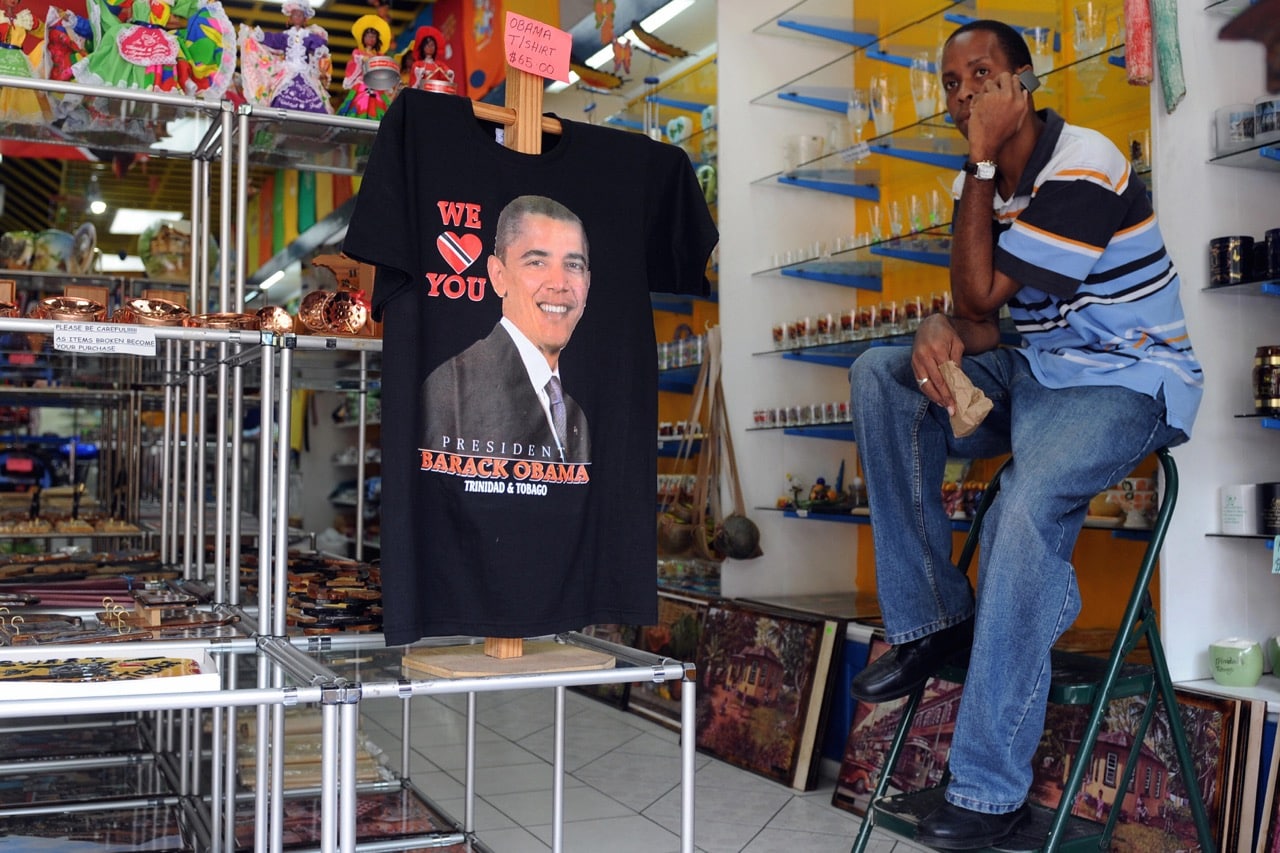**Updates IFEX alert dated 13 February 1996** During the past month-and-a-half, significant pressures have been placed on the staff of the “Trinidad Guardian”. On 7 February 1996, Prime Minister Basdeo Panday temporarily lifted a ban on the “Trinidad Guardian” newspaper’s access to government information. Soon after, however, Michael Mansoor, who is head of the Trinidad […]
**Updates IFEX alert dated 13 February 1996**
During the past month-and-a-half, significant pressures have been placed on the staff of the “Trinidad Guardian”. On 7 February 1996, Prime Minister Basdeo Panday temporarily lifted a ban on the “Trinidad Guardian” newspaper’s access to government information. Soon after, however, Michael Mansoor, who is head of the Trinidad Publishing Company (TPC), which publishes the newspaper, began inspecting each issue of the paper before it went out.
He reportedly altered headlines and removed some letters from the “Letters” page. The newspaper’s editors subsequently stated that they would resign if Mansoor’s interference continued.
The interference diminished until 1 April, when “Trinidad
Guardian” managing director Alwin Chow told the newspaper’s
editors that the ANSA McAl group, the conglomerate that owns TPC, had been pressuring him to carry out three demands: that columnist Hulsie Bhaggan be removed over a column that she had written in mid-March criticizing Attorney General Ramesh Lawrence Maharaj; that all editorial copy be sent to ANSA McAl first in order to be vetted; and that the newspaper not report anything about the Jamaat-Al-Muslimeen religious group which, in July 1990, had staged a coup that lasted for six days (Maharaj acted as the lawyer for the members of the group who took part in the coup; they were later set free under an amnesty).
Later that day, ANSA McAL reported that Chow had handed in his resignation due to a difference in editorial policy. However, Chow denied this, saying that he was instead fired. Mansoor later spoke to the newspaper’s staff, saying that ANSA McAl was only giving suggestions, not issuing demands, but he pointed out that, according to the 1987 Editorial Policy of the newspaper, the newspaper was not to have any “adversarial relations” with the government. The newspaper’s staff countered by saying that, to the best of their knowledge, this policy did not exist.
On 1 and 2 April, the editors and some journalists of the “Trinidad Guardian” resigned in response to the harassment.
The Media Association of Trinidad and Tobago (MATT) decided to hold a symposium regarding the “Trinidad Guardian” situation. In addition, MATT had informed Lord McGregor, the Commonwealth Press Union’s advisor on press freedom and human rights, of the recent events at the “Trinidad Guardian”, and invited him to attend the symposium.
However, once ANSA McAl chairman Anthony Sagba was alerted to MATT’s intentions, he immediately sent a fax to Lord
McGregor urging him not to attend, saying that the symposium
would only be serving “individual interests.” Lord McGregor is
reportedly reconsidering his decision to come. Nevertheless, MATT intends to go through with the symposium whether or not Lord McGregor attends.
Recommended Action
Send appeals to authorities:
pointing out that such actions constitute a serious attack on
press freedom
the “Trinidad Guardian” may carry out their professional duties
free from any kind of interference or harassment
Appeals To
His Excellency Noor Hassanali
President of the Republic
Trinidad and Tobago
Fax: +609 625 7950
Basdeo Panday
Prime Minister
Trinidad and Tobago
Fax: +609 627 3444
Ramesh Maharaj
Attorney General
Trinidad and Tobago
Fax: +609 625 6530
Please copy appeals to the originator if possible.


